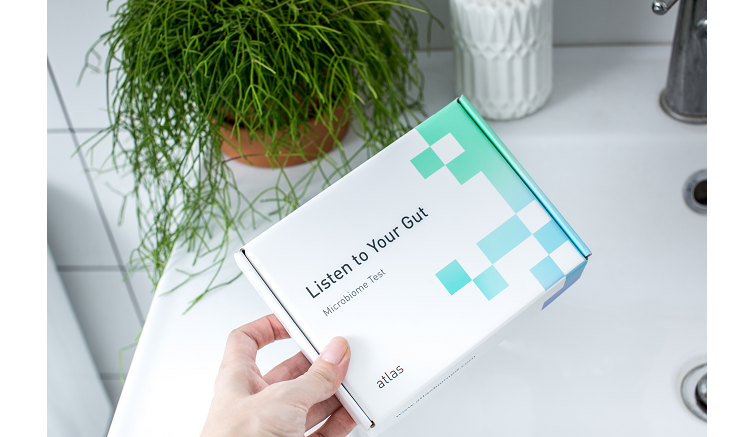Home-based microbiome testing: Atlas Biomed launches personalised nutrition service in Japan

Users can buy the test kits online and then send their stools for analysis. In four to eight weeks’ time, a report on their gut microbiome diversity, production level of short-chain fatty acid butyrate, and the amount of specific bacteria species in their gut etc, will be sent to them.
Measuring these parameters provides an idea of how healthy an individual is. For instance, the more diverse the gut microbiome, the healthier the person is; more butyrate production also supports digestive health and disease prevention.
Based on the results, the company makes nutrition recommendations, including the specific types of fibre or probiotics strains that could be consumed to improve the gut diversity level.
However, the company does not make recommendations on any specific products or brands and users will need to purchase supplements on their own.
Such service is already available in 13 European countries, excluding the UK, and Japan is the first APAC market to launch the service.
Aside from the gut microbiome test, the UK company also offers the saliva swab DNA testing. Users can choose either or both of the tests to monitor their health.
CEO and co-founder Sergey Musienko told NutraIngredients-Asia that the gut microbiome test provided a more holistic insight that enables a more actionable health plan.
“The body is a complex system. It is not just about DNA, there is a need to take into account many things, such as the gut metabolite.
“We are trying to make it a more holistic health monitoring approach and come out with a more actionable plan with both the gut microbiome and DNA test,” Musienko said.
He added that gut microbiome has attracted more consumer attention due to its novelty, in addition, there are also lesser market competition in both Europe and Japan.
“The Japanese market is huge on disease prevention, there has been an increased in demand for disease prevention measures. With an ageing population, the insurance and healthcare companies, and the government have been working on disease prevention.
“Japan already has strong DNA test competitors but not the case in gut microbiome test, and thus, gut microbiome test presents huge potential in the country,” he said when explaining the reasons for entering Japan.
Major personalised nutrition services that are based on DNA testing include Nestle, DSM, and Genesis Healthcare.
While the firm is unable to provide a breakdown of sales from either its gut microbiome or DNA test kits, Musienko said that the sales in Europe have been doubling almost every year since the firm’s inception in 2017.
He noted that the customer base was made up of health-conscious individuals in their 30s to 60s.
The gut microbiome and DNA tests are available in Japan at JPY$29,800 (US$282) each.
Monitoring results
The company recommends the user to take the microbiome test every three months to assess the impact of their nutrition intervention. Otherwise, an individual who is not on new nutrition intervention can take the microbiome test twice per year.
An individual is recommended to take the test before and after making changes to their diet or starting/ending a course of antibiotic medication. This will allow them to observe the changes to their gut microbiome.
To help users monitor if their food choices could improve their gut microbiome, the company is also providing a food tracker application. The food tracker application will also be made available to the Japanese customers at the end of this year.
After snapping a photo of the food using the application, the AI technology will run an analysis on the ingredients and ranks them based on whether they are good for the microbiome.



















